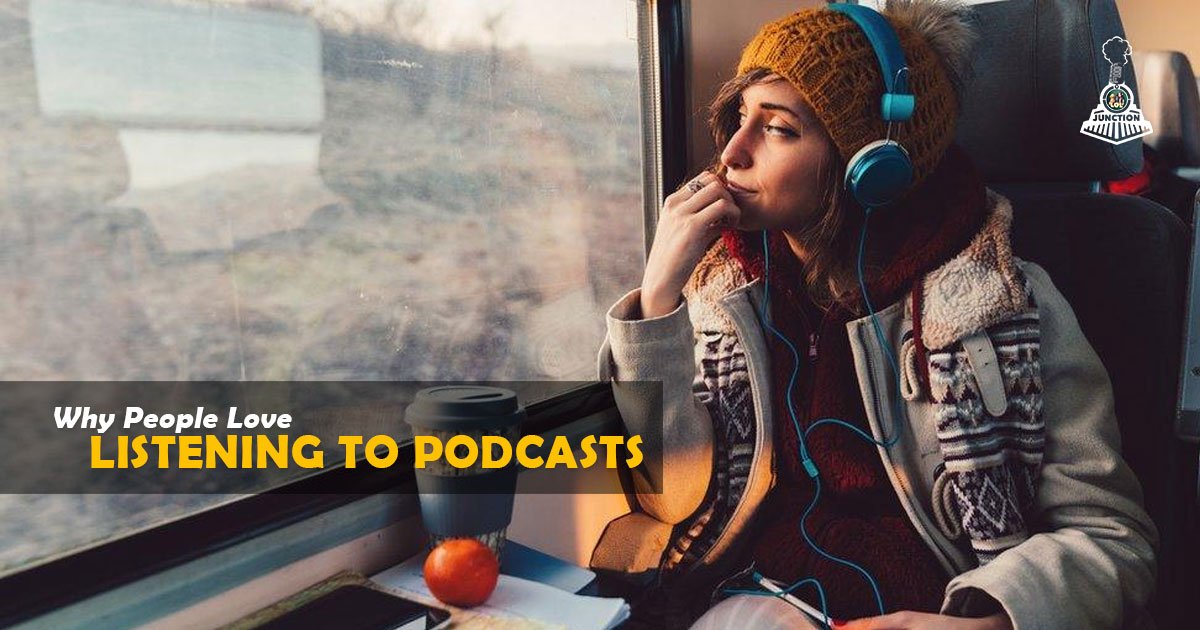
Why People Love Listening to Podcasts
7 months ago Kasturi Jha

7 months ago Kasturi Jha
Over the last decade, something subtle but powerful has changed in how we consume content. People have traded long news articles for casual conversations, videos for voices, and screens for stories that live in their ears. In short, we’ve entered the golden age of podcasting.
But what is it about this format that keeps drawing people in? Why are podcast listeners growing by the millions each year? And what’s behind this quiet but undeniable rise in audio content?
In this post, we’ll explore the psychology, lifestyle, and behavior behind why people love podcasts—and why this shift is just getting started.
Most people start their day with noise—notifications, scrolling, or background TV. But more and more are choosing to begin with something slower, deeper, and more focused: a podcast episode.
It might be a story. It might be a motivational boost. It might be financial advice or a daily news breakdown. The point is, podcast listeners are turning audio into a form of mindful media.
And they’re doing it while doing something else:
This is the magic of audio content. It integrates with your life. It doesn’t demand full attention. It accompanies you.
Unlike video, you don’t have to watch. Unlike articles, you don’t have to sit still. Podcasts let people learn, feel, and think—without pausing their day.
There’s a unique intimacy to audio. You hear someone’s voice in your ear. You catch their tone, their laugh, even their pauses. Over time, that voice starts to feel familiar—like a friend or mentor.
This is one of the biggest reasons for podcast growth: the medium fosters connection.
People don’t just follow shows. They follow hosts. They trust them. They show up for new episodes the way they might for a weekly catch-up with a friend.
Even in professional or educational podcasts, there's a personal vibe that video and blogs can’t quite replicate. That’s why so many companies, creators, and everyday people are launching shows—to connect through conversation, not just content.
One of the most consistent patterns in podcast behavior is how listeners pair audio with physical activity.
You’ll rarely find someone just sitting and listening to a podcast. Instead, they’re:
This makes podcasts perfect for productivity-driven people who want their time to count. You’re not just commuting—you’re learning. Not just cleaning—you’re reflecting. And over time, that compounds into growth.
If you're wondering whether podcasting is really “taking off,” the data makes it clear.
Recent listener stats show:
These stats point to more than a trend. They show a shift in content consumption habits—from passive scrolling to active listening.
It’s not just young techies in big cities. From farmers to lawyers, moms to developers—everyone’s tuning in. Because there's a podcast out there for everyone.
So what drives someone to hit play on a podcast?
Here are the top five motivations behind podcast behavior:
People want to learn. About business. About themselves. About how the world works. Podcasts offer deep dives into niche topics in a way that’s easy to absorb.
From true crime to comedy, fiction to fantasy—audio storytelling is booming. Listeners want to be entertained without staring at a screen.
Whether it’s hearing someone’s journey, a founder’s failure, or a therapist’s insight—people turn to podcasts for emotional uplift.
Some shows feel like a club, where listeners share jokes, values, or lingo. That connection creates loyalty.
A good podcast can pull you out of a bad mood or a stressful commute. It’s a small escape built into your day.
No matter the category, what unites all popular shows is how they make listeners feel seen and heard.
Here’s a bold but true statement: podcasts might be the most human medium of the digital age.
Think about it. No filters. No likes. No algorithms reshuffling your feed. Just a voice, a story, and space to engage.
People are burnt out from curated social posts and highlight reels. That’s why podcast listeners often say their favorite shows feel more “real.” They hear uncertainty. Mistakes. Laughter. Emotion.
That rawness builds trust—especially in a world of increasingly polished content.
One of the most powerful insights from listener stats is how loyal podcast audiences are.
Once someone becomes a regular listener, they’re likely to:
This is a dream scenario for content creators and marketers. Unlike casual video viewers, podcast fans stick around. And they keep listening for months, even years.
This long-term engagement is what fuels podcast growth and makes it such a valuable format.
If you’re thinking of starting a podcast—or wondering whether it’s still “worth it”—the answer is yes.
The audience is there. The tools are accessible. And the hunger for audio is only growing.
More importantly, there’s room for new voices. People don’t just want big-budget shows. They want shows that feel personal. They want honesty, humor, heart.
In fact, one of the fastest-growing segments in the space? Passion-driven podcasts by everyday people who simply have something to say.
If that’s you, here’s a guide to help: How to Start Your Own Podcast Easily
Podcasting is no longer niche. It’s mainstream—and yet still evolving.
In the coming years, expect to see:
But no matter how tech evolves, the core will remain the same: real people telling real stories.
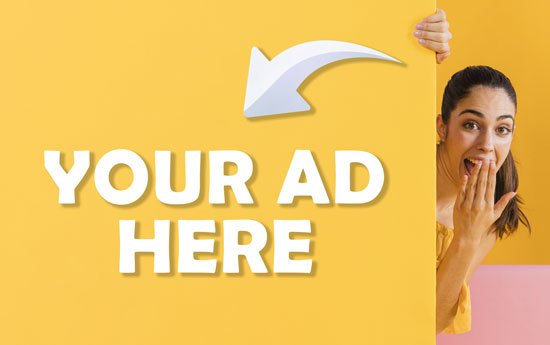

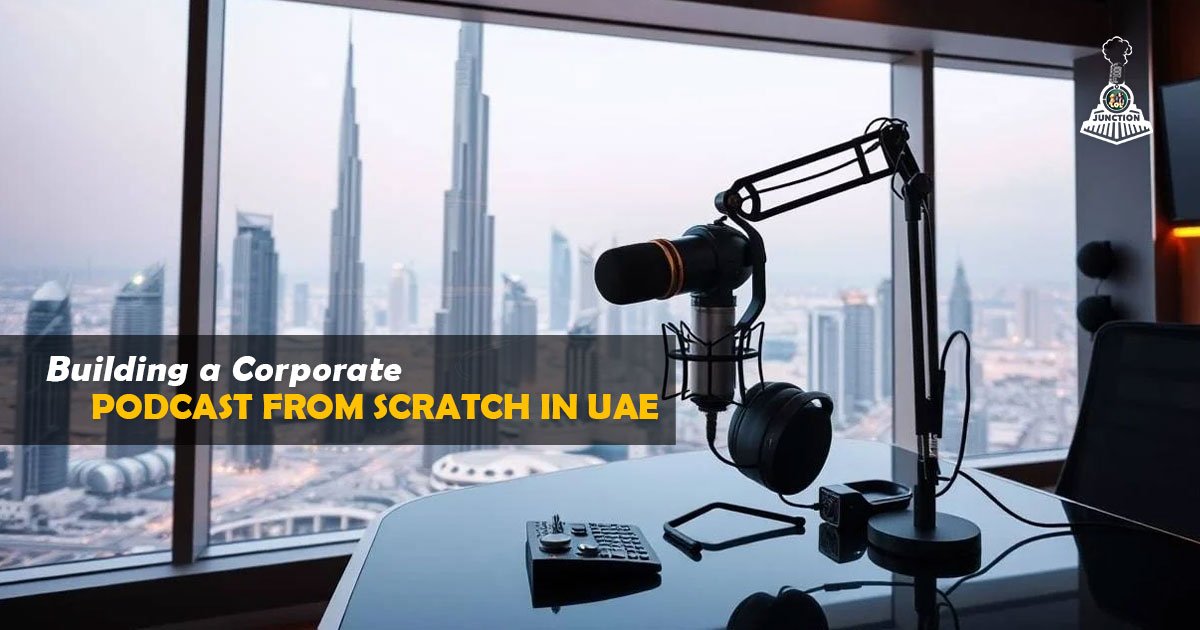
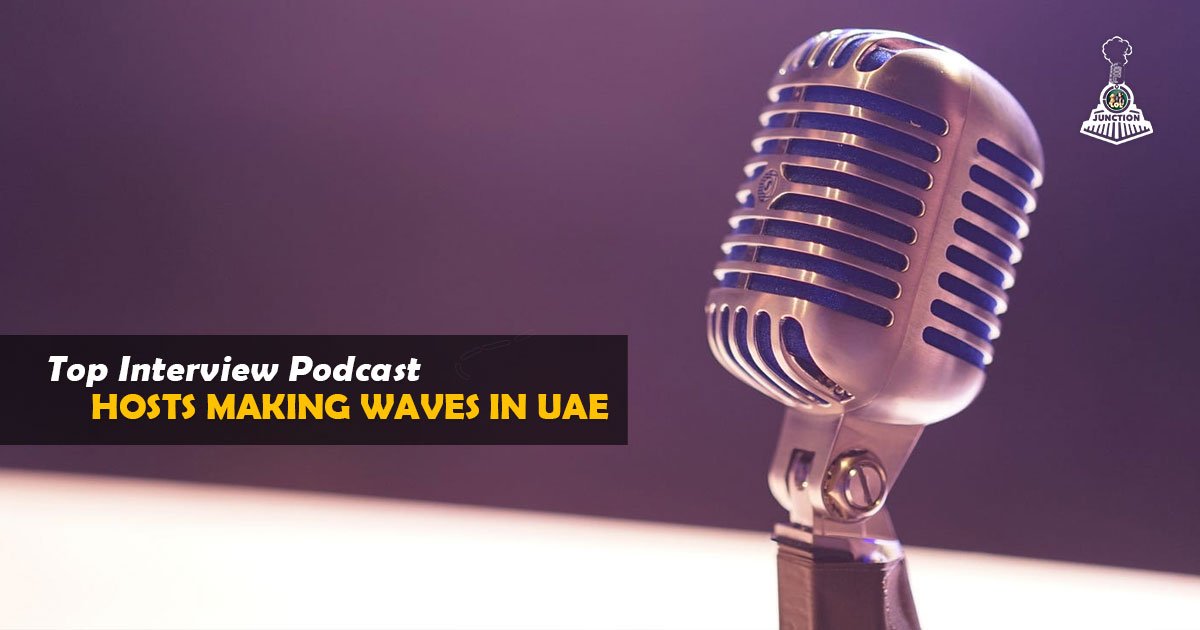
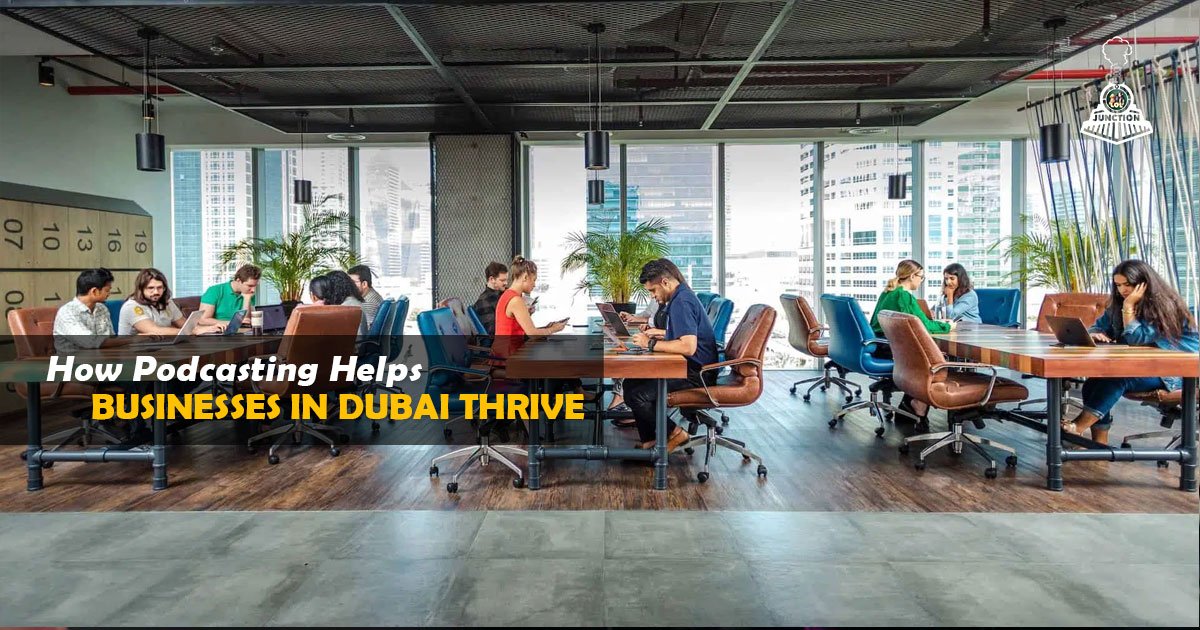
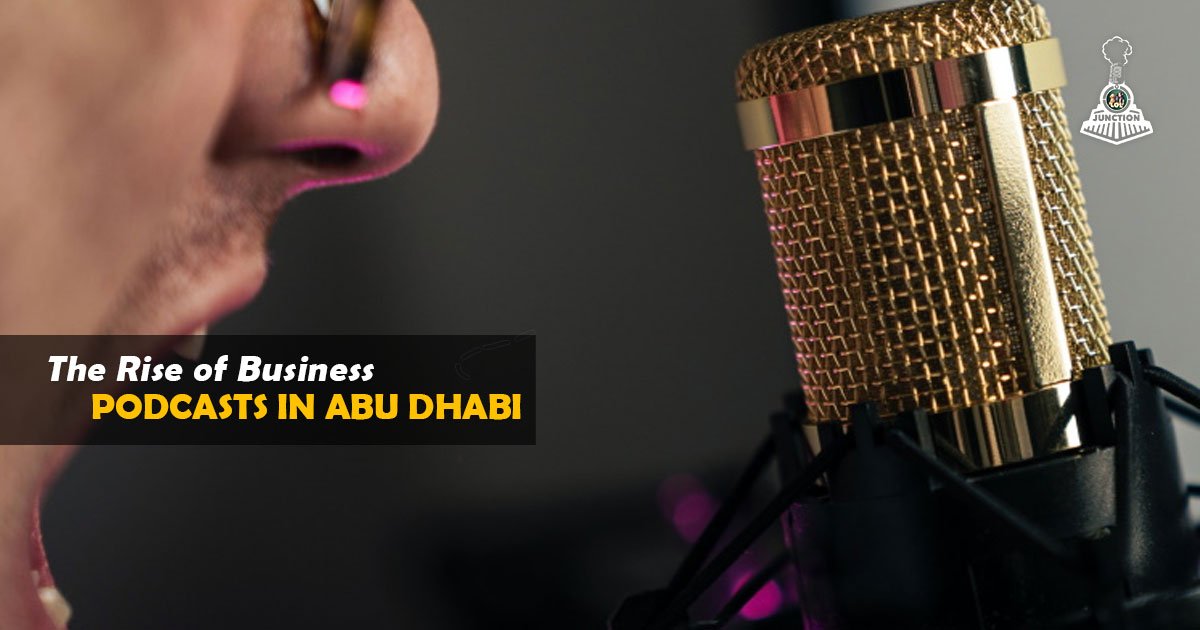
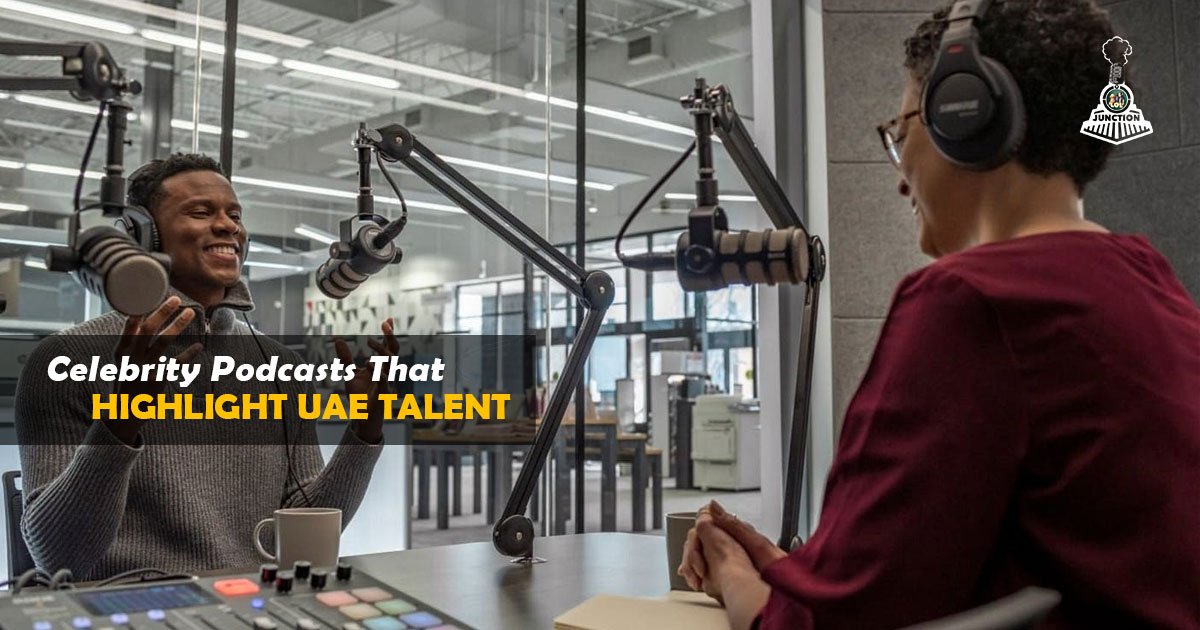
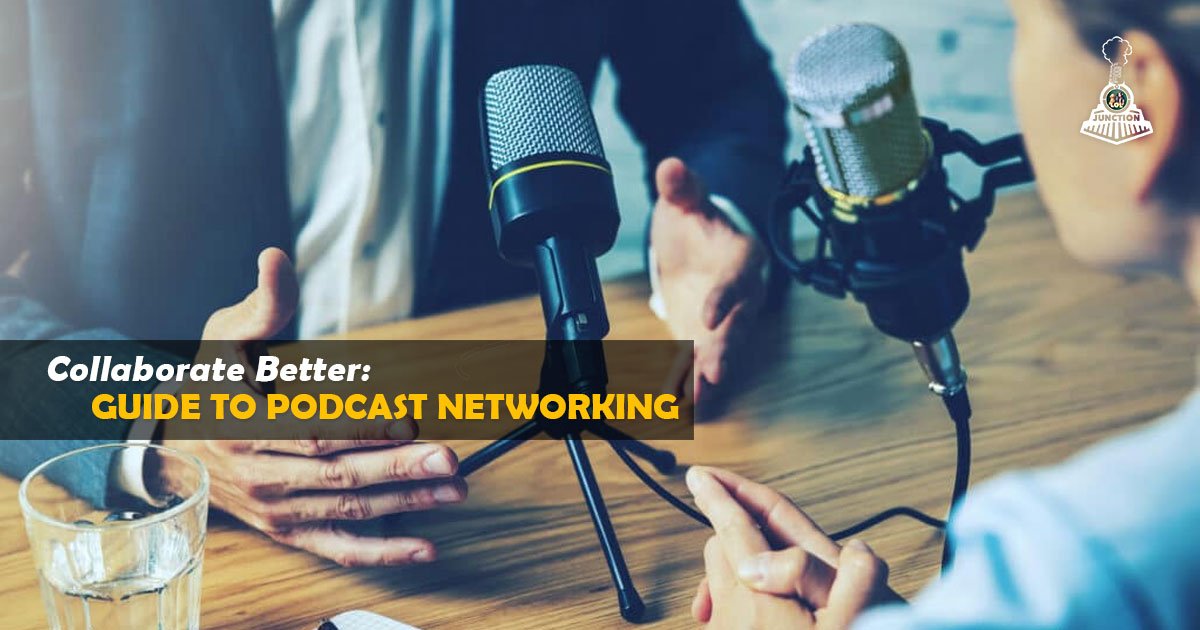
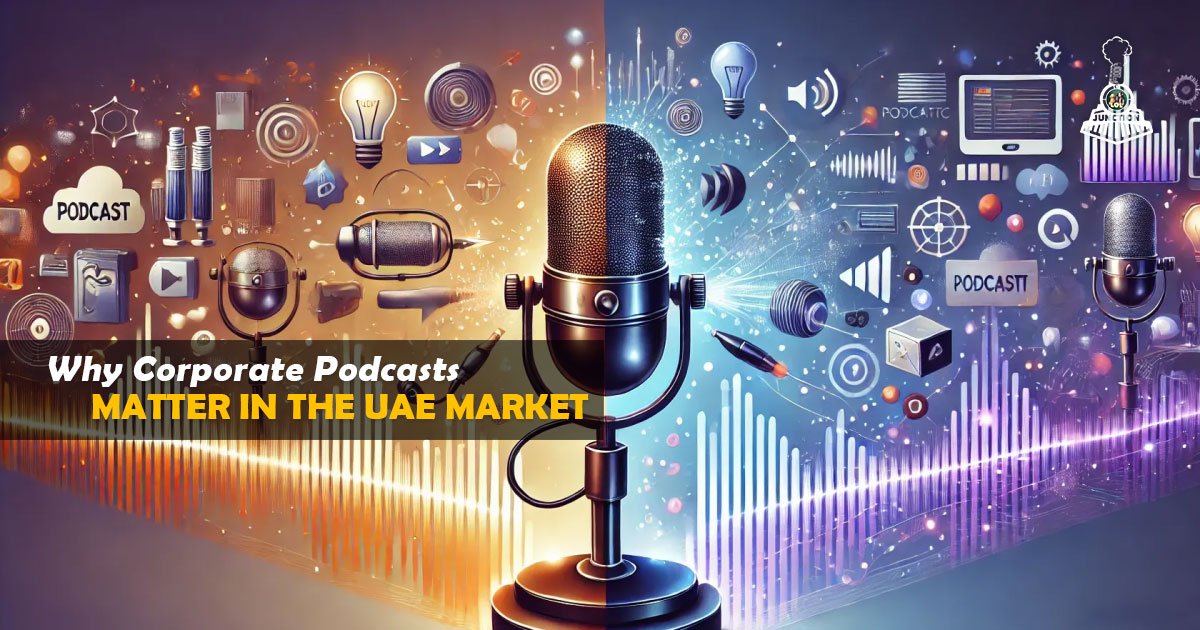
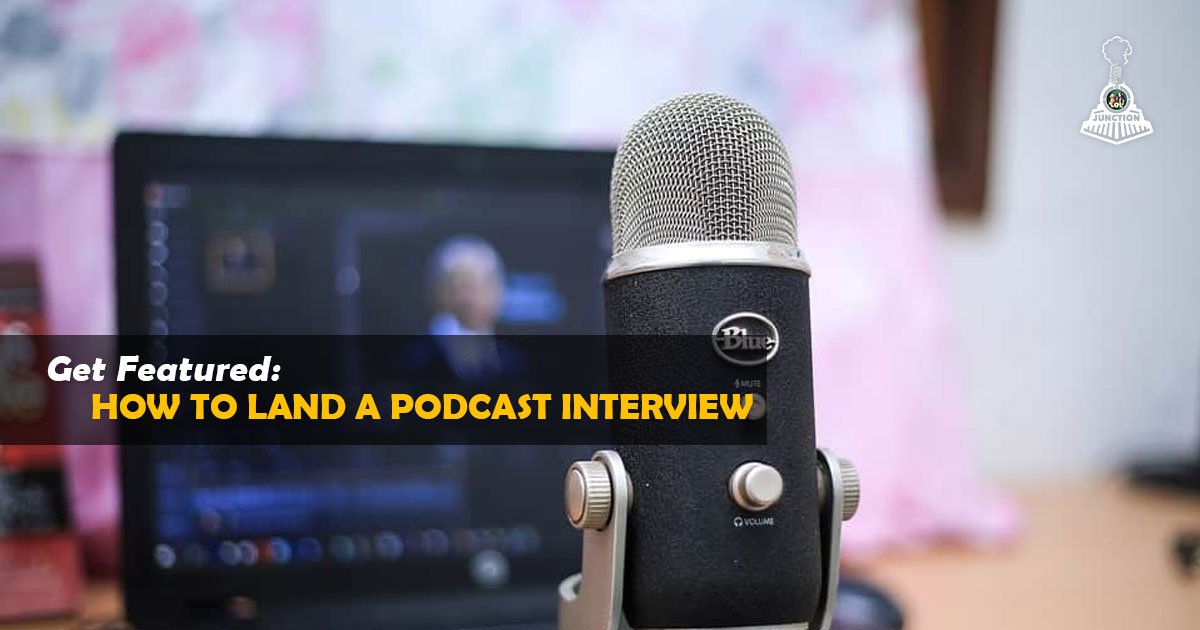
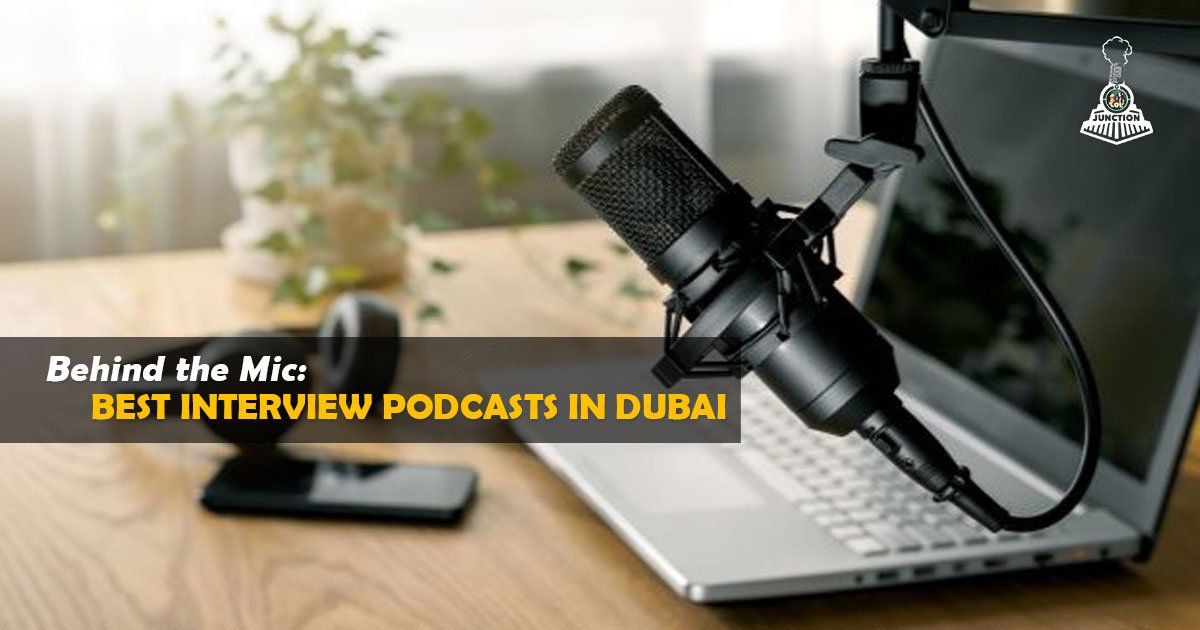
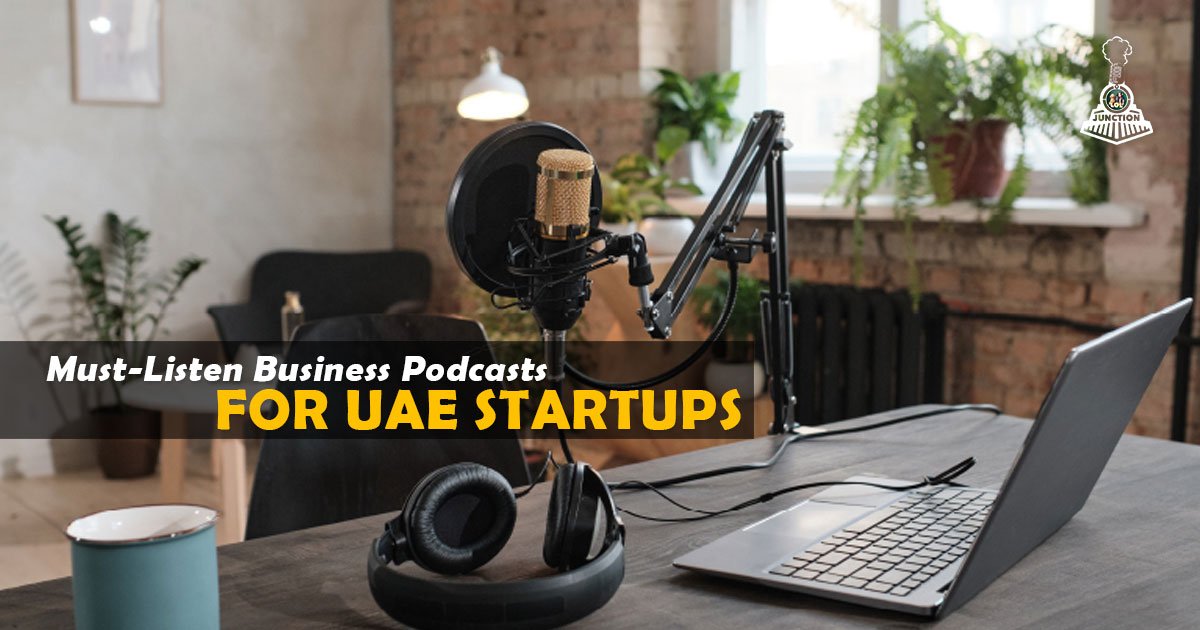

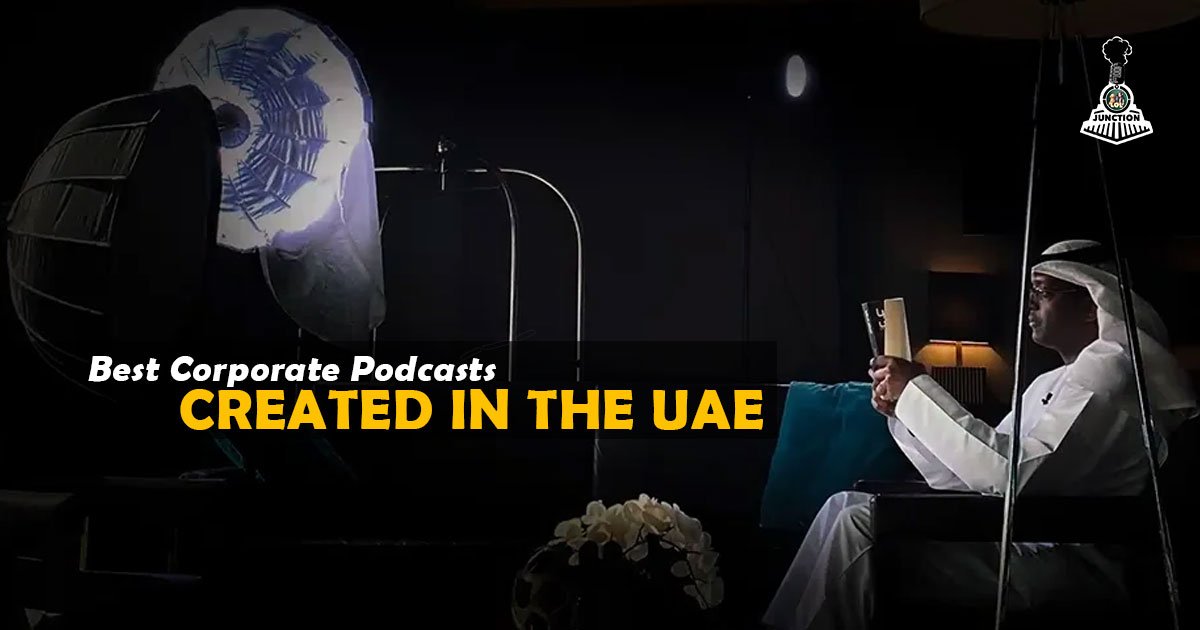
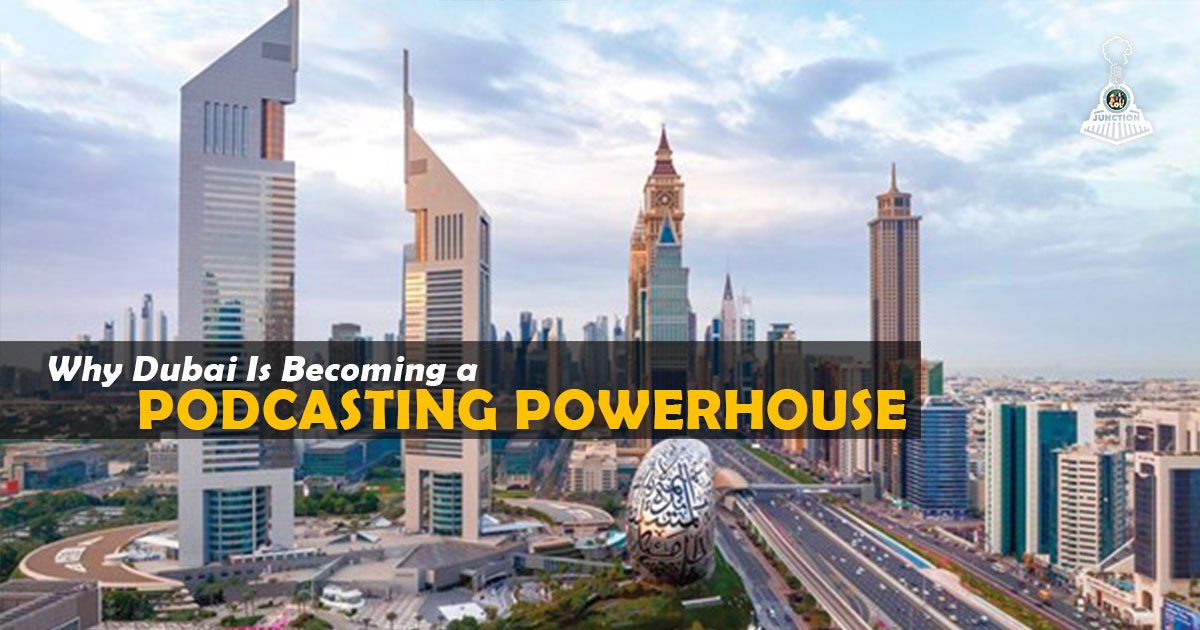
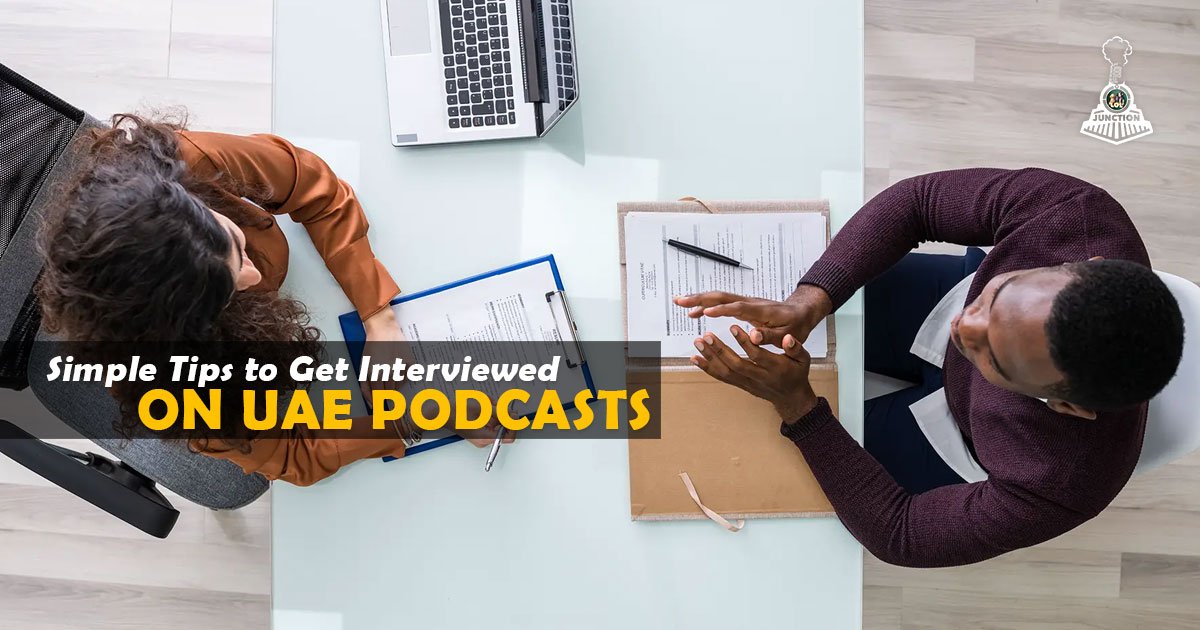

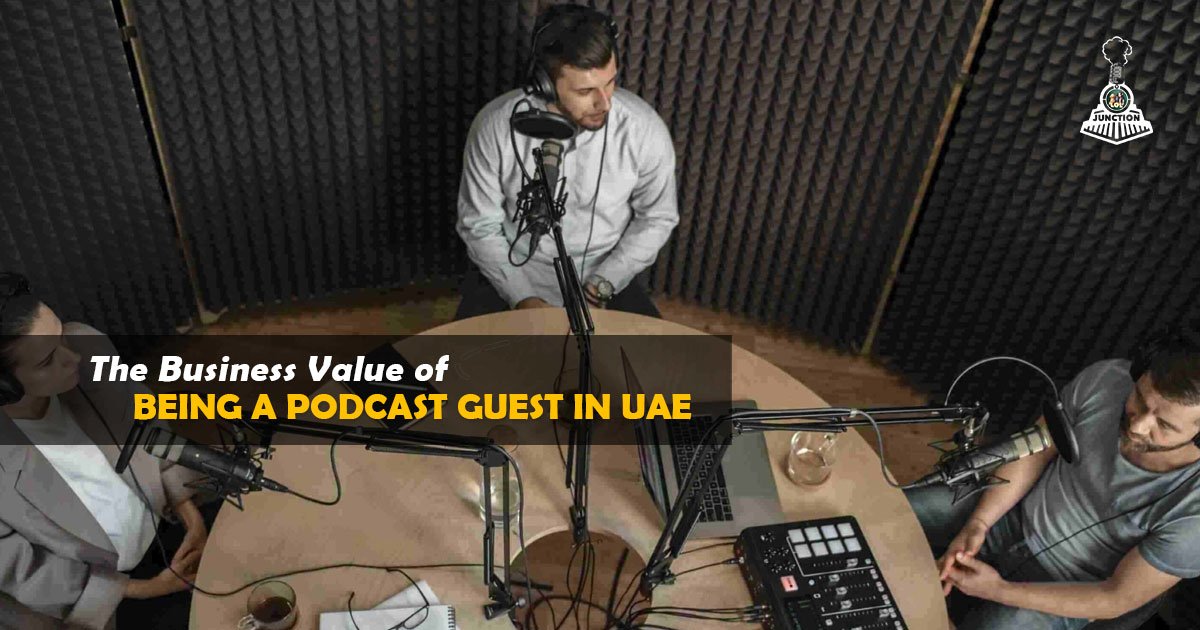
Learn how being a podcast guest in the UAE helps boost credibility, drive leads, and grow your audience.
Read More..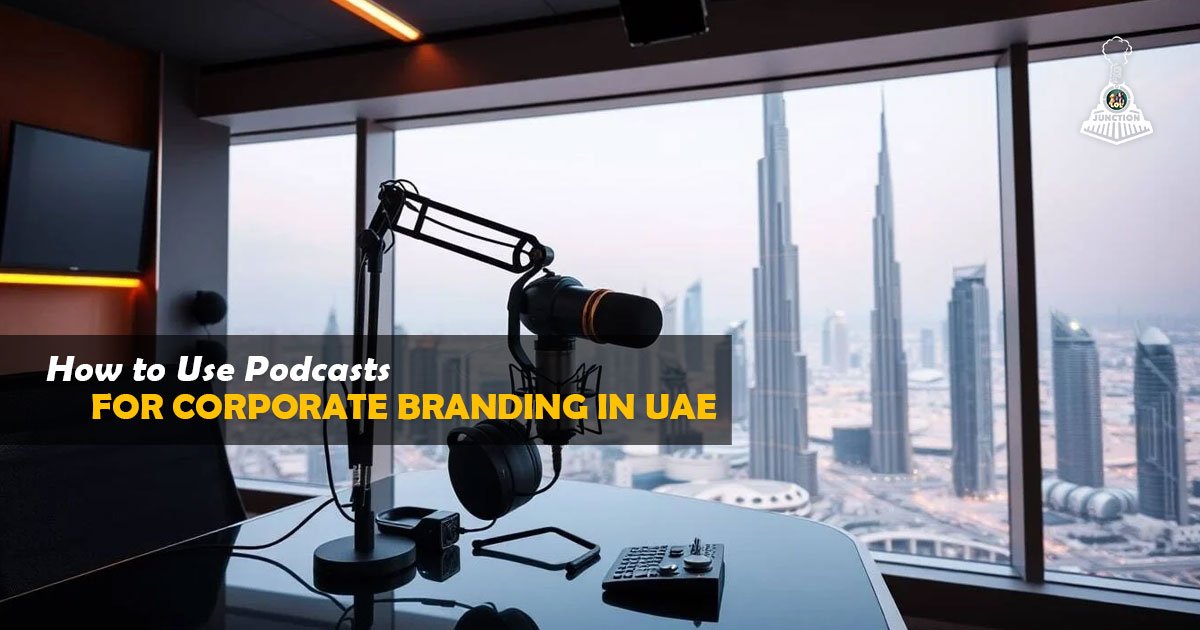
Learn how businesses in the UAE are leveraging podcasts to strengthen corporate identity and customer engagement.
Read More..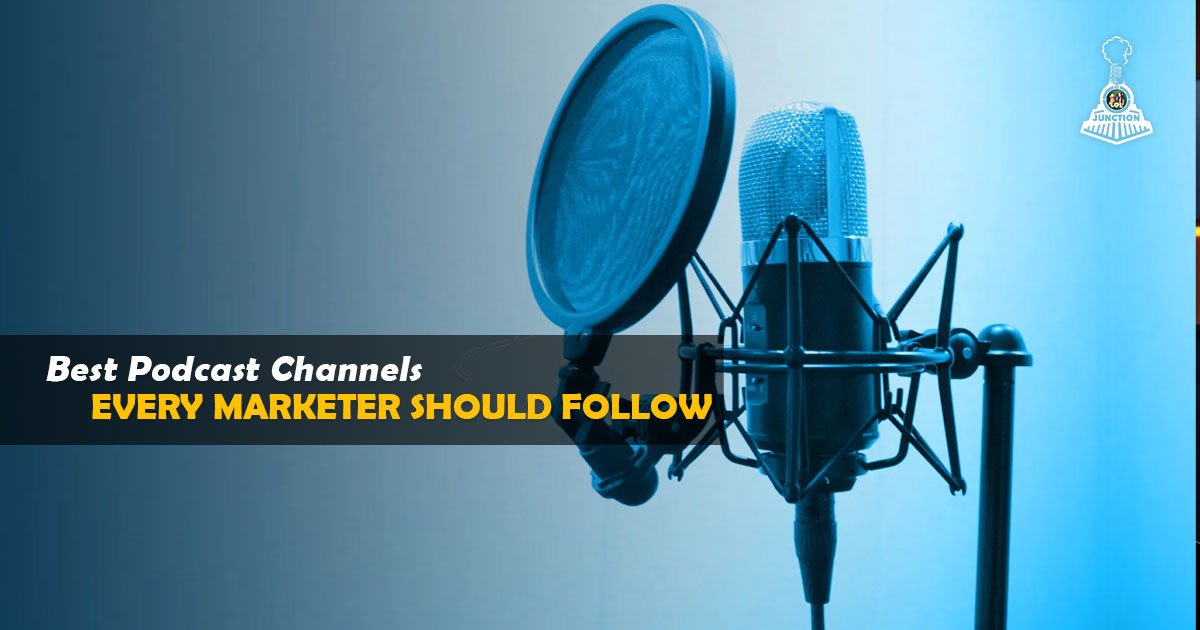
Explore top podcast channels that provide marketing insights, trends, and tactics, tailored for the UAE audience.
Read More..© 2025 LOL - Let's Off Leash. All rights Reserved. Powered by Dar Alafkar Marketing LLC